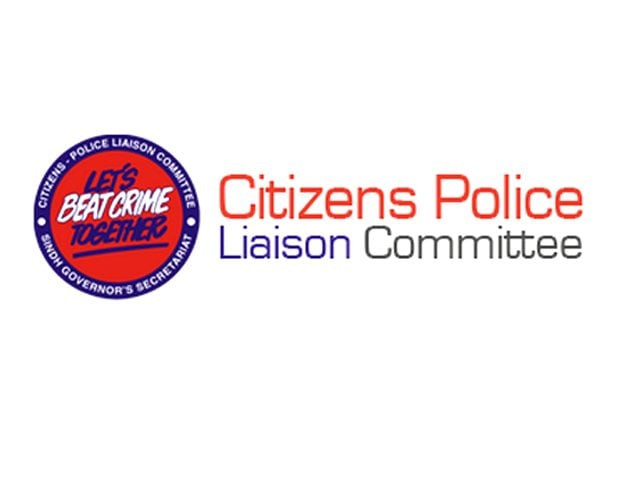CPLC reunites lost persons in shelter homes with families
It has collected fingerprints of at least 385 women, 90 men for biometric identification

The Edhi Foundation is home to scores of homeless persons, many of whom ended up at the welfare organisation's shelter homes in Karachi after they got lost and were separated from loved ones, besides those who had mental illnesses. A large section of these lost persons, separated from their families for years, comprises those hailing from cities other than Karachi.
While they are provided for at the shelter homes, they yearn for their loved ones and identity.
Realising the utility of its Shanakht Programme to put them out of their misery, the Citizens-Police Liaison Committee (CPLC) has taken the uphill task of tracing their families and reuniting them with their loved ones.
According to Shanakht Programme head Amir Hasan, the decision was taken after the CPLC's identification programme team found out that hundreds of persons at the Edhi Foundation's shelter homes in Karachi did not hail from the city.
"As per the findings of a survey carried out by Shanakht Programme teams, 500 women in the welfare organisation's shelter home in North Karachi and 1,200 men in Edhi Village in Nooriabad are from other cities and ended up in Karachi for various reasons," he told The Express Tribune. "Some of them have mental illnesses and others are unable to recall their addresses, besides other reasons, due to which these 1,700 lost persons have been living in Karachi, apart from their families, for years."
He further explained that it was also a possibility that they may have initially sought shelter at the Edhi Foundation in their natives villages, towns and cities and were later shifted to Karachi due to lack of space, while their families kept searching for them in their own cities.
"But now we have started acquiring their fingerprints and have been sending the samples to the National Database and Registration Authority (NADRA) so that their family are traced via biometric identification," said Hasan.
The fingerprints of 285 women in the Edhi shelter home in North Karachi were sent to the NADRA until last week and Shanakht Programme officials had received the biometric results of 94 of them by then.
Besides, the fingerprints of 140 men were sent to the NADRA for identification until then, and biometric results of 50 of them had been received.
As many as 100 persons were united with their families at the time.
CPLC's Central Zone In-charge Waseem Qadri, too, said Shanakht Programme's team was putting all-out efforts to reunite missing and lost persons with their families.
He added that the project was also being put to use for the identification of heirless bodies in Hyderabad.
According to Qadri, so far, the Shanakht Programme has proved to be quite useful for the identification of bodies, especially of those burnt to death following incidents such as a plane crash or bus fire.
"We collect fingerprints and DNA samples from the bodies for identification and Shanakht Programme's success rate in identifying bodies has been around 50 per cent," he said.
Published in The Express Tribune, February 1st, 2021.



















COMMENTS
Comments are moderated and generally will be posted if they are on-topic and not abusive.
For more information, please see our Comments FAQ